Big Sports and the Cable TV Bubble
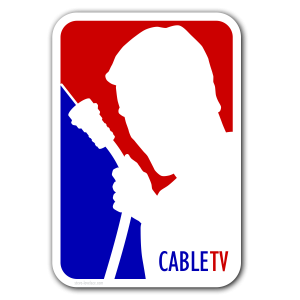 In economics, a “bubble” occurs when when something gets wildly overvalued. Its value increases to ridiculous amounts, until people realize what’s going on. Then the bubble bursts. This has happened many times throughout history, from Tulip Mania in the 17th Century to the Dot-Com Bubble back in the early 2000s. I think there is currently a bubble going on with Big Sports and Cable TV. This has been a slow-inflating bubble, growing bit by bit over the last 30 years. But the Cable TV bubble is ready to burst, and it threatens to take Net Neutrality with it.
In economics, a “bubble” occurs when when something gets wildly overvalued. Its value increases to ridiculous amounts, until people realize what’s going on. Then the bubble bursts. This has happened many times throughout history, from Tulip Mania in the 17th Century to the Dot-Com Bubble back in the early 2000s. I think there is currently a bubble going on with Big Sports and Cable TV. This has been a slow-inflating bubble, growing bit by bit over the last 30 years. But the Cable TV bubble is ready to burst, and it threatens to take Net Neutrality with it.
Big Sports
Go to any major university in the US, and you’ll find a culture of sports worship. Don’t get me wrong, sports are popular everywhere, from little league teams in small town America to the World Cup and Olympics. But it seems like a lot of the big American universities are sports franchise with colleges attached. I can definitely say this is true for my alma mater, Michigan State University. I learned the Fight Song before even stepping into my first class, simply because everyone was singing it. And while I had a lot of fun going to football and basketball games, the amount of money spent on these is eye-opening. Thankfully, the money for athletics program doesn’t come from tuition, but that begs the question, where does all this money come from? Much of it comes from merchandise and licensing, but a substantial amount comes from Cable TV.
Cable TV
Have you ever wondered why there’s no such thing as à la carte cable? If all you ever watch is HGTV and the History Channel, you can’t just buy those two stations. Why is this? It’s because of carriage fees, the cost that your cable provider pays each network for the privilege of carrying it. The cost of different channels varies wildly. Some are pennies a month, others are much more. For example, the Chicago Tribune says that in 2016, CNN cost each subscriber 71 cents a month, while competitor Fox News was double that, at $1.41. But even this pales in comparison to ESPN, which costs over seven bucks a month. And that’s just the main ESPN feed. Even basic cable subscribers receive (and pay for) other sports networks like ESPN2, Fox Sports Network, the Big Ten Network, etc. If you have cable, you’re paying at least $20 a month for sports!
Double Dipping
One of the big problems with Basic Cable TV channels is double dipping. Broadcast channels go over the air for free, with all their revenue coming from commercials. Premium channels like HBO forgo commercials and derive all their revenue from direct subscriber fees. But channels like ESPN get both. And who can blame them? If people are willing to pay and watch commercials, that’s capitalism. But as streaming has become a better option, viewers are voting with their money. Last year, my sister and I convinced my parents to cut the cord. They never watched sports, and while they can’t get every show they’d like without cable, they find plenty of entertainment on Netflix and YouTube. Millions of other people have made the same decision, and it’s left ESPN in freefall.

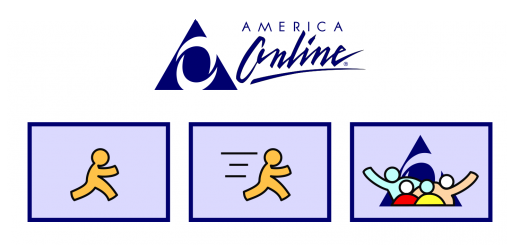

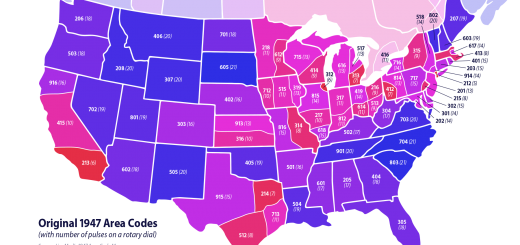
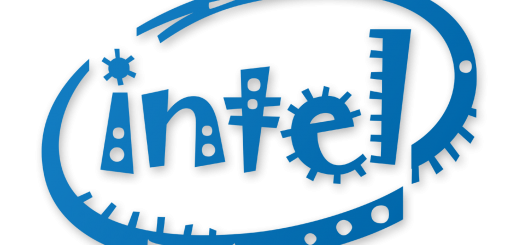
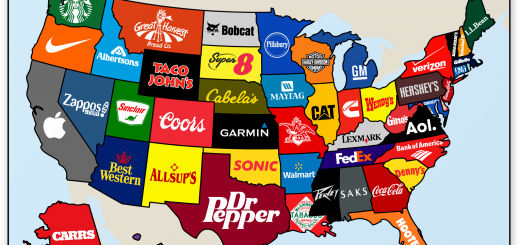
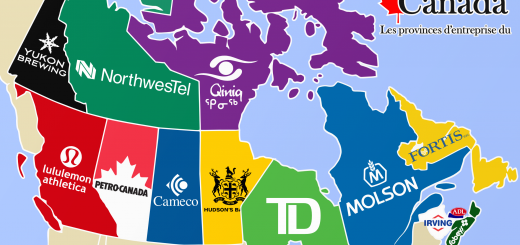

1 Response
[…] Cable TV became popular in the 1980s. and we soon had thirty or forty channels on TV. But the number of people working in the television industry did not increase tenfold. Instead we got a lot more reruns. And it wasn’t just Nick at Nite playing reruns of “I Love Lucy”. Even the channels with original content played on a loop. MTV played the same hits over and over. Headline News played the same half-hour news show over and over for six hours. And while early cable was dominated by reruns, they were good reruns. Because cable was so new, networks like Nick at Nite and TBS were able to pick the best shows to replay. Likewise, Headline News could make a well-researched, concise news program, since they were only making a few programs a day. […]